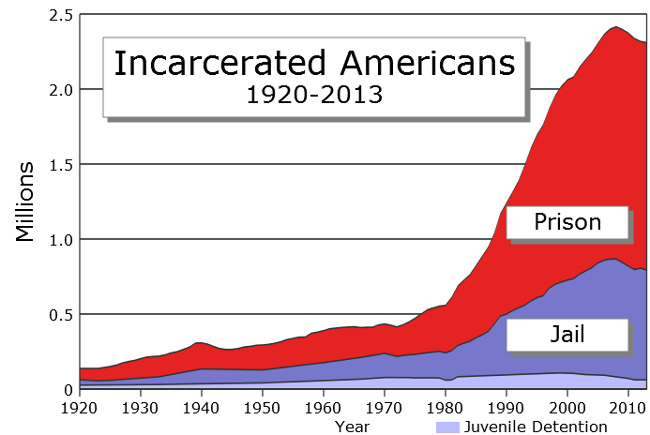
It’s human nature to point the finger at someone else, to shield ourselves from fault and guilt. When we fail at something, or when something happens that we don’t like or don’t understand, we have a tendency to look outward for something or someone to blame.
“You take your life in your own hands, and what happens? A terrible thing: no one to blame.” – Erica Jong
We don’t like being wrong, feeling guilty, or facing things we can’t control or explain, so we do our damnedest to pass the buck and/or assign blame wherever possible.
But (and this is a BIG but) by assigning blame to someone else, we are essentially giving up our free choice. Saying “It’s so-and-so’s fault, not mine,” or anything to that effect might as well be translated as “I am but a sheep who follows the flock, and I therefore pass my free will off to someone else.”
While some people choose to rise above their baser instincts, it seems like far too many do not. Are we (wo)men, or are we sheep? Baaaahhhh.
Still don’t think blame is a big deal? The criminal justice system proves the point quite nicely. If people took responsibility for their actions, a judge and jury would be unnecessary. Those who committed crimes and got caught would admit fault and take their licks.
Alas, it isn’t so, and our criminal justice system keeps ticking to the tune of tens of billions of dollars per year. The burden of shifting blame is a heavy burden indeed.
So how, you might ask, do you overcome the propensity to cast blame? With exercise! Every day for the next week, at the end of each day, I want you to do the following (you can also do this throughout the day, but it can be helpful to start at the end of the day, and then work up to throughout the day):
- Grab a pen and a piece of paper. (No, not your iPhone…pen and paper. Physically writing uses a different part of the brain.)
- Mentally examine your day and ask yourself, “At any point today, did I fail to take responsibility for my actions? Did I cast blame on anyone?”
- Write down each instance that day that you cast blame, or failed to take responsibility for your actions. Be detailed (the more detailed, the more likely you are to remember it).
- Make a commitment that tomorrow, if you find yourself casting blame, you will stop, admit fault and apologize if needed, and move on.
- At the start of each new day, read your list from the day before and reaffirm your commitment to not cast blame that day.
- Rinse and repeat, day after day, until you’ve mastered this concept.
With the right to free choice comes the burden of taking responsibility for those choices, for good or ill. The moment you begin to assign blame for your mistakes or shortcomings (or even worse, to deny they exist) is the moment you relinquish your free choice.

